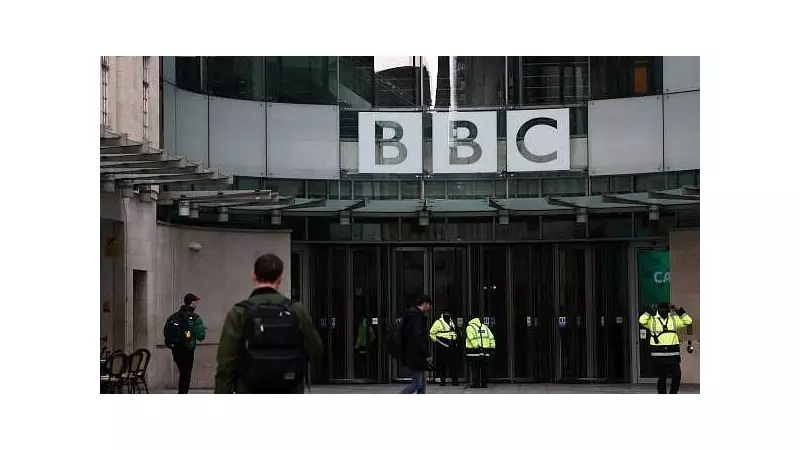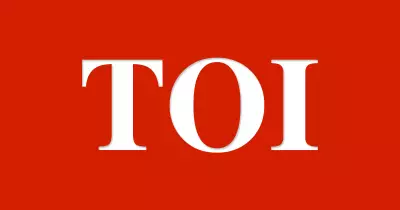
Former US President Escalates Legal Battle With British Broadcaster
In a significant development that has captured international attention, former United States President Donald Trump has decided to move forward with legal proceedings against the British Broadcasting Corporation (BBC). This decision comes despite the broadcaster recently issuing a formal apology and acknowledging what it termed as an "error of judgment" in its reporting.
The controversy has emerged during what can only be described as a challenging period for the prestigious British media organization. The BBC has been navigating turbulent waters that have already resulted in the resignation of several top-level officials within the corporation.
BBC Leadership Crisis and The Apology
At the center of this storm stands Samir Shah, the Indian-origin chairman of the BBC, who found himself compelled to issue a public apology for what the organization admitted was a significant misstep in editorial judgment. The exact nature of the reporting that prompted Trump's legal action remains a subject of intense speculation among media circles and legal experts alike.
The timing of this legal confrontation is particularly noteworthy, occurring against the backdrop of substantial internal restructuring at the BBC. The resignation of senior figures within the organization suggests deeper institutional challenges that extend beyond this immediate controversy with the former American president.
Shah, who brings considerable experience and credibility to his leadership role, now faces the dual challenge of managing internal organizational stability while simultaneously preparing for a high-profile international legal battle that could have far-reaching implications for the broadcaster's reputation and operational freedom.
International Implications and Media Freedom
This legal confrontation raises important questions about the boundaries of media reporting on international political figures and the extent to which foreign leaders can pursue legal action against media organizations based in other countries. The case is being closely watched by media organizations worldwide as it could set significant precedents for cross-border media litigation.
Legal experts suggest that Trump's decision to proceed with legal action despite the BBC's apology indicates the former president's determination to challenge what he has frequently characterized as "unfair" or "biased" media coverage throughout his political career. This pattern of confronting media organizations has been a consistent feature of Trump's approach to public communication.
The development also highlights the increasingly complex relationship between political figures and international media organizations in an era of globalized information flow. As news transcends national boundaries with unprecedented speed, the legal frameworks governing such cross-border disputes remain complex and often ambiguous.
As of November 15, 2025, the specific legal grounds for Trump's case and the jurisdiction under which it will be pursued remain unclear. What is certain, however, is that this legal battle represents another chapter in the ongoing tension between the former US president and major media institutions, this time expanding to include one of the world's most recognized international broadcasters.
The outcome of this legal confrontation could have significant implications for how media organizations report on powerful international figures and the legal protections available to journalists operating across national borders. Both media freedom advocates and legal experts are expected to monitor this case closely as it develops through the judicial system.





